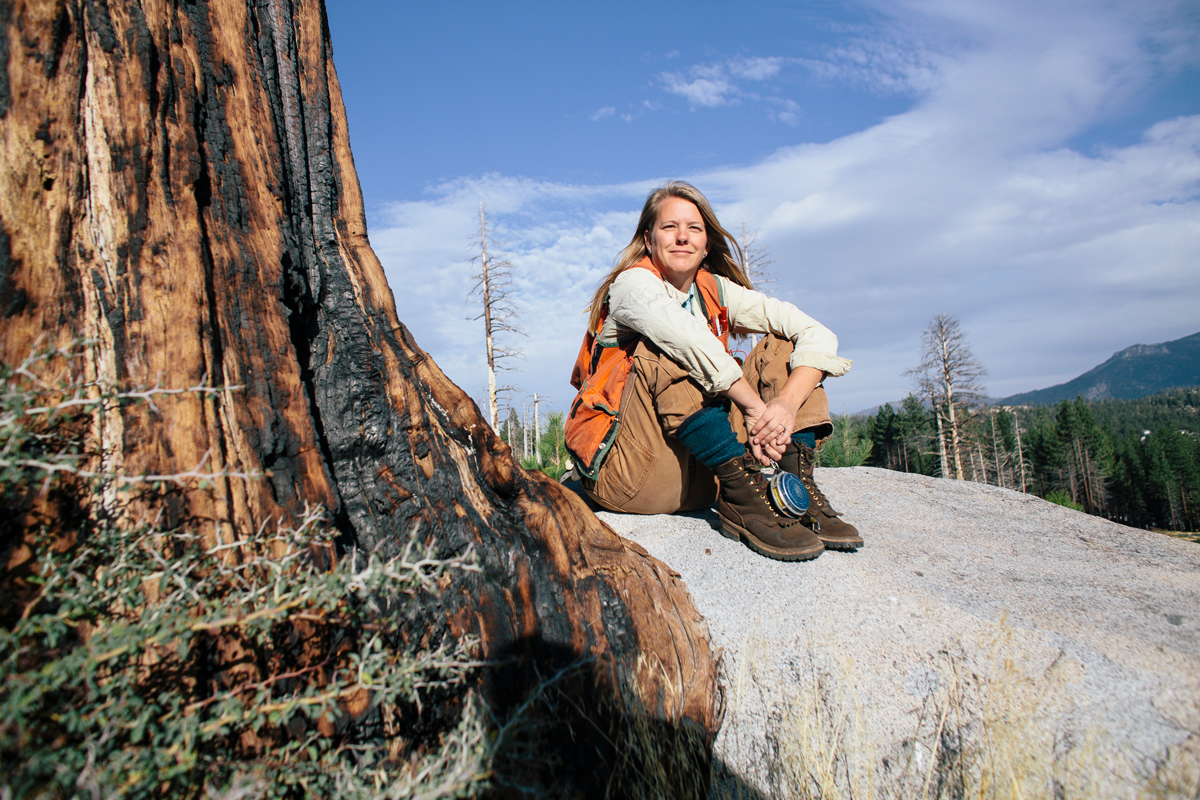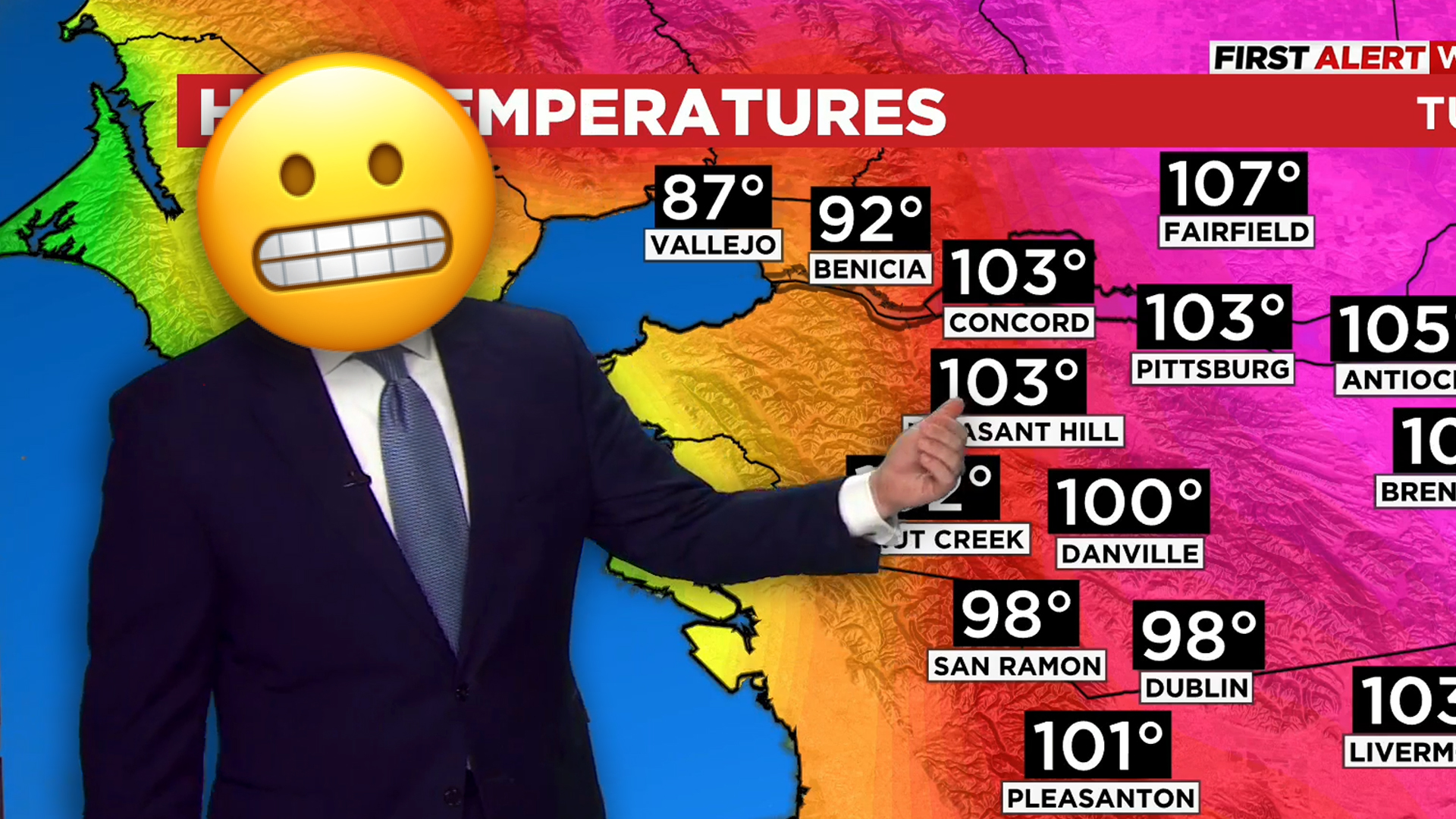Carolyn McMillan, UC Newsroom

The University of California will award $100M in climate action grants this year to help communities across the state meet the challenges of climate change.
The funds, allocated by California lawmakers in the 2022-23 state budget, will support action-oriented research projects, conducted with input from local communities, that include swift and measurable results related to helping Californians cope with climate-related impacts.
“Over the past year, we felt the urgency of addressing the growing impacts of climate change as communities across California experienced historic droughts, heat waves, wildfires and other extreme events exacerbated by a warming planet. But we also saw the potential for rapid and effective climate action, as elected officials, institutions and communities came together around shared goals,” said University of California President Michael V. Drake, in UC’s just-released 2022 Annual Report on Sustainable Practices. “These resources will be used to fund community-tailored solutions to meet California’s climate goals and needs, ensure that our communities are prepared and resilient, and prevent future disasters.”
The climate action partnership between California lawmakers and UC leaders is one of the highlights of this year’s sustainability report, presented January 18 to UC’s Board of Regents.
The report provides detailed metrics on UC’s progress in decarbonizing its operations and meeting other sustainability goals, including the fact that 55 percent of its electricity now comes from renewable or carbon-free sources. It also highlights UC activities to advance sustainability through education, research and public service, including community partnerships already underway at each of its 10 campuses.
UC Riverside ecologists, for example, are working with more than 20 Southern California tribal nations to protect local plant species that are threatened by hotter, drier conditions. Tribal leaders are advising and guiding UC researchers about the restoration that’s needed on their lands.
“Many plants that are integral to tribal tradition and spirituality are also key for maintaining biodiversity in this region,” said UC Riverside professor Helen Regan who is co-leading the project. “Everyone benefits from ensuring the survival of these species.”
Other climate-focused collaborations highlighted in the report include the new Center for Climate, Health and Equity, a University-wide effort focused on driving ambitious climate action across the health sector, with the goal of fostering healthy and equitable communities.
“Climate change is the biggest health crisis of our time, and it’s everywhere,” said Arianne Teherani, Ph.D., a UCSF professor of medicine and the center’s founding co-director. “It affects every pathway of health.”
UC San Diego, meanwhile, is working alongside county leaders to develop a science-based approach to decarbonizing the region’s economy. Led by Gordon McCord, associate teaching professor of economics, technical experts in energy, transportation and building systems will help develop a Regional Decarbonization Framework that can guide the county toward zero-carbon emissions.
“The collaboration with the County of San Diego is an example of the UC San Diego School of Global Policy and Strategy’s strengths in developing policy analysis that helps address the complex challenges of our time,” said UC San Diego Chancellor Pradeep K. Khosla. “In this case, the school is creating a scientific framework that will improve the lives of San Diegans and address the critical need of reducing CO2 emissions.”
Learn more about these and other projects in UC’s 2022 Annual Report on Sustainable Practices: https://sustainabilityreport.ucop.edu/2022/

